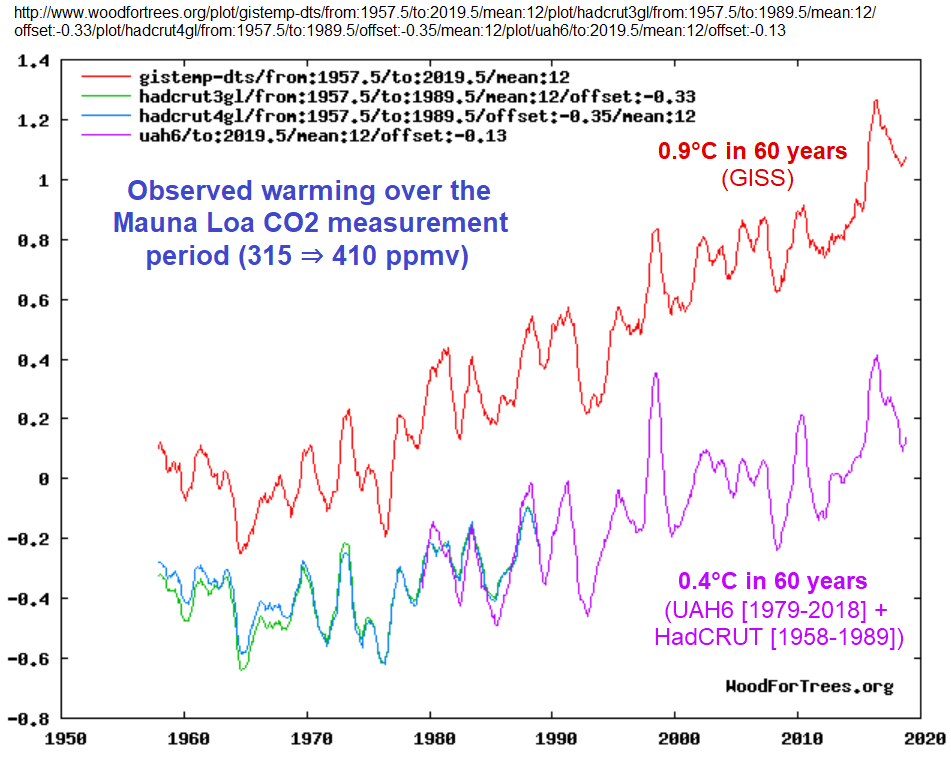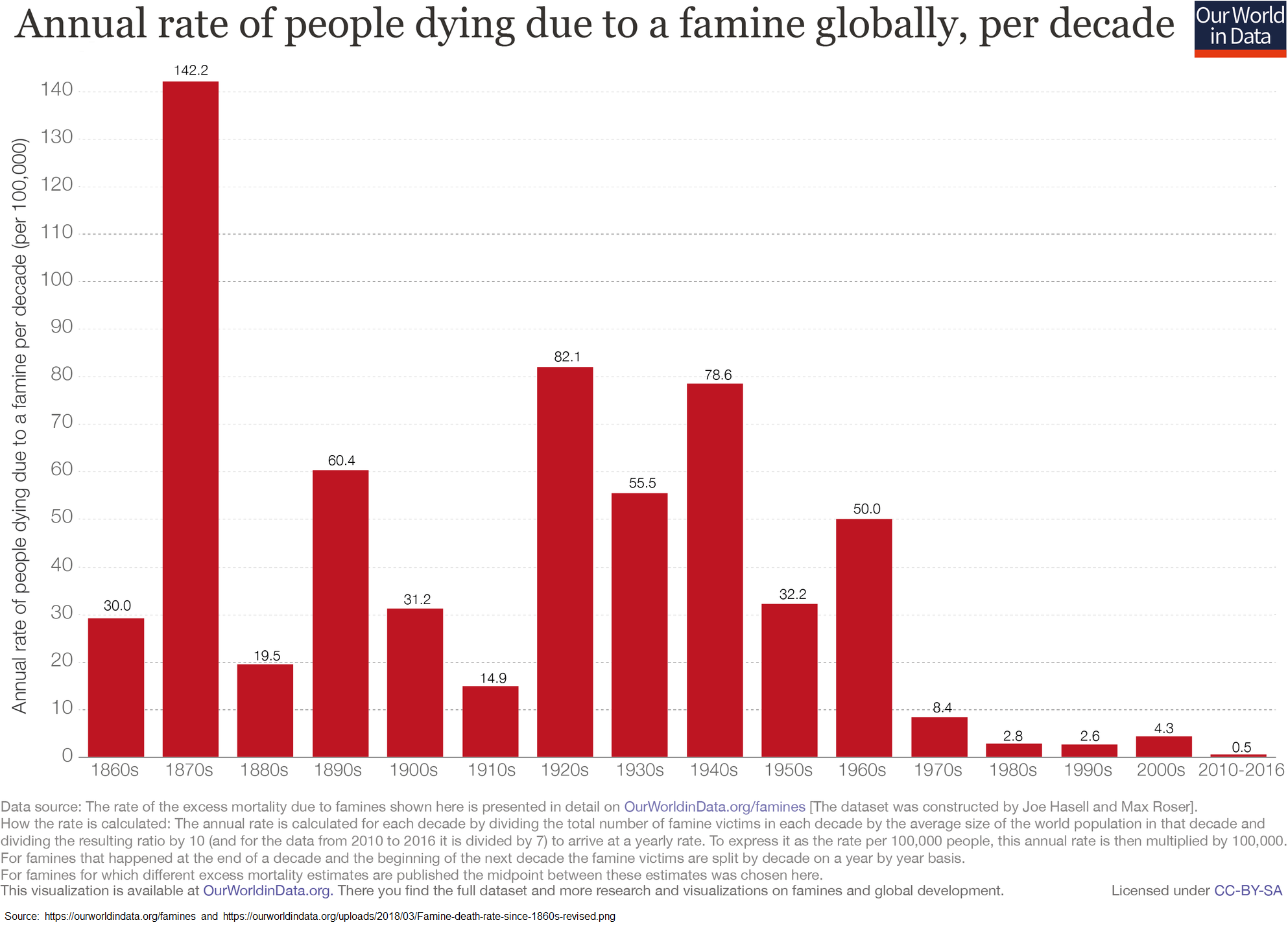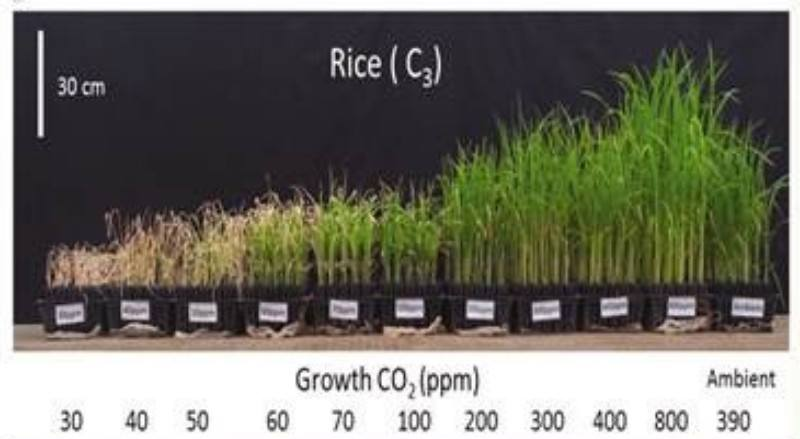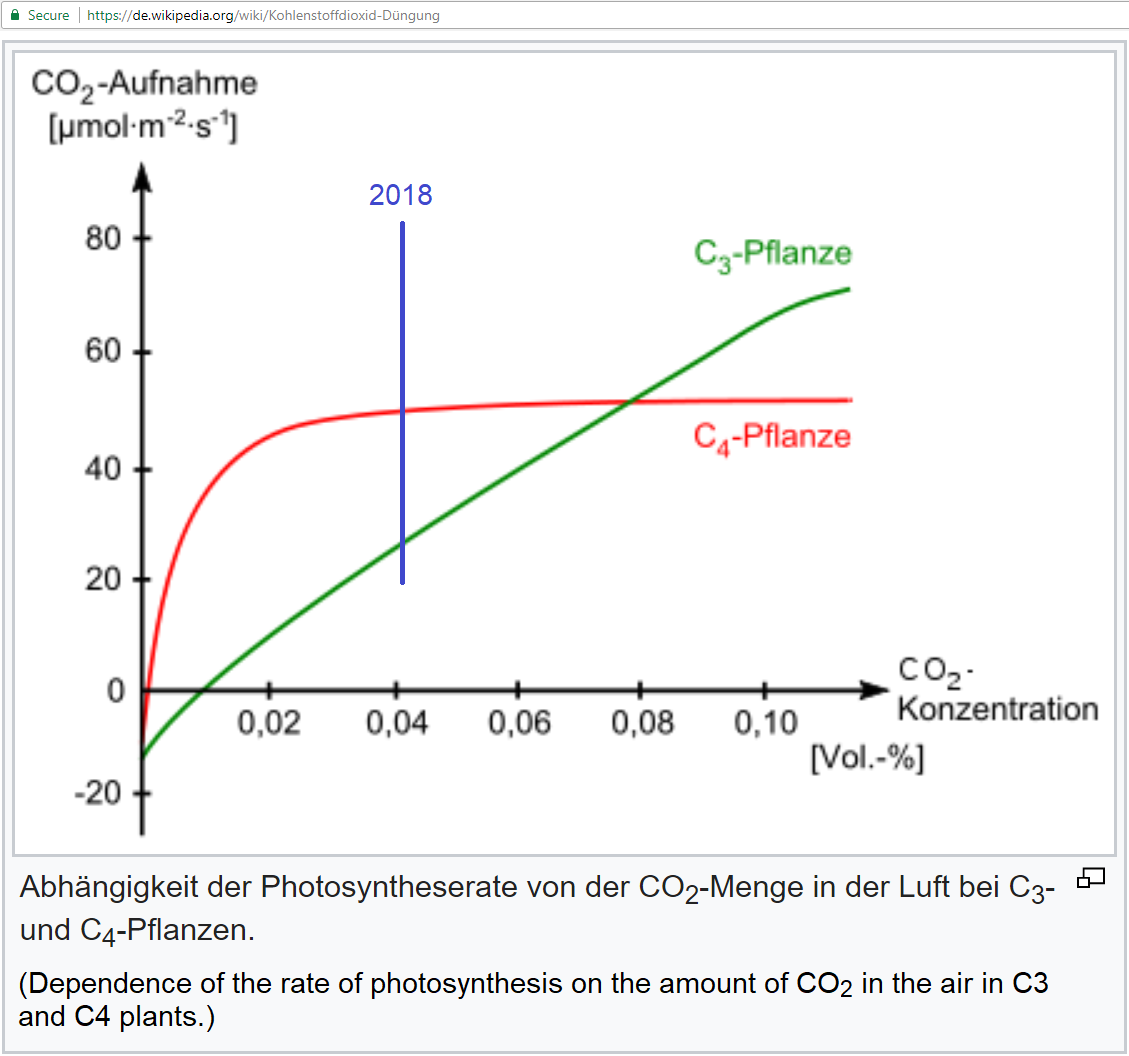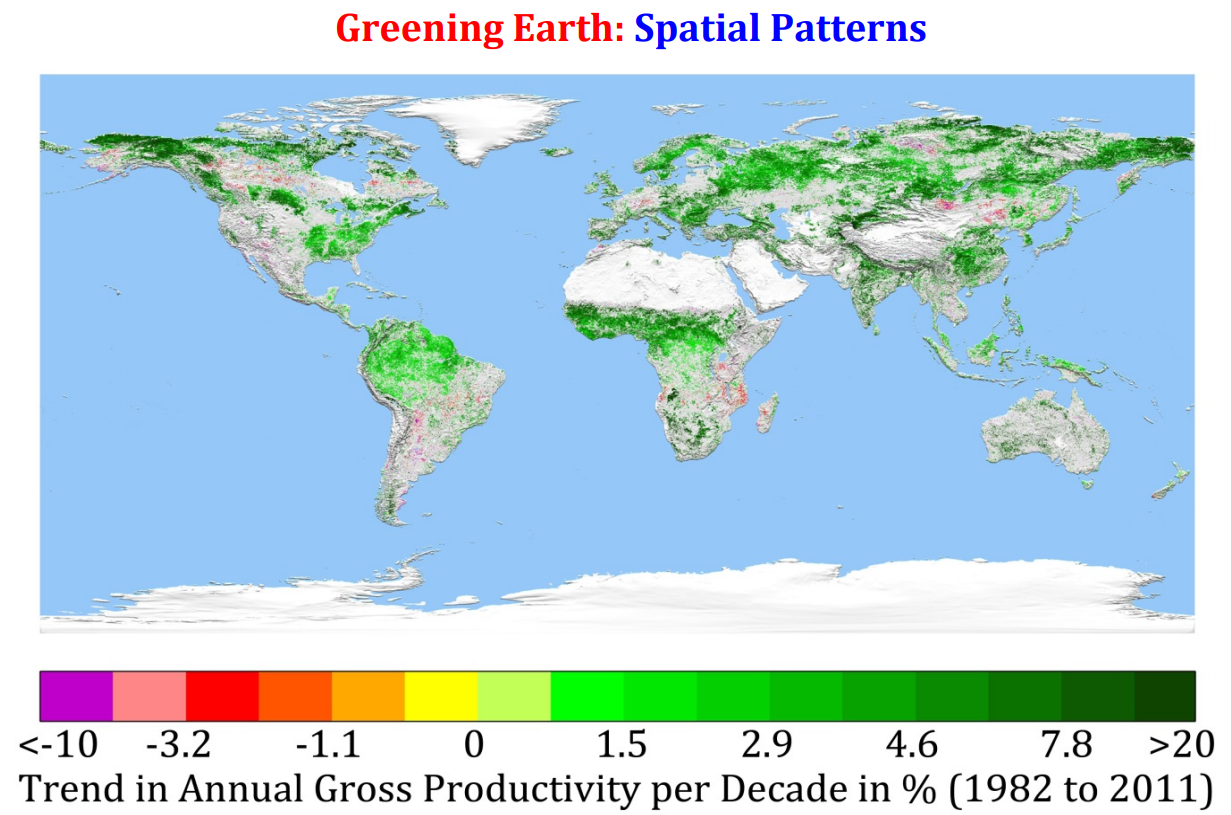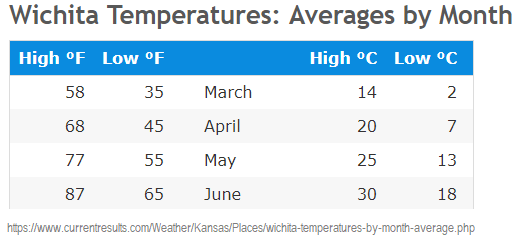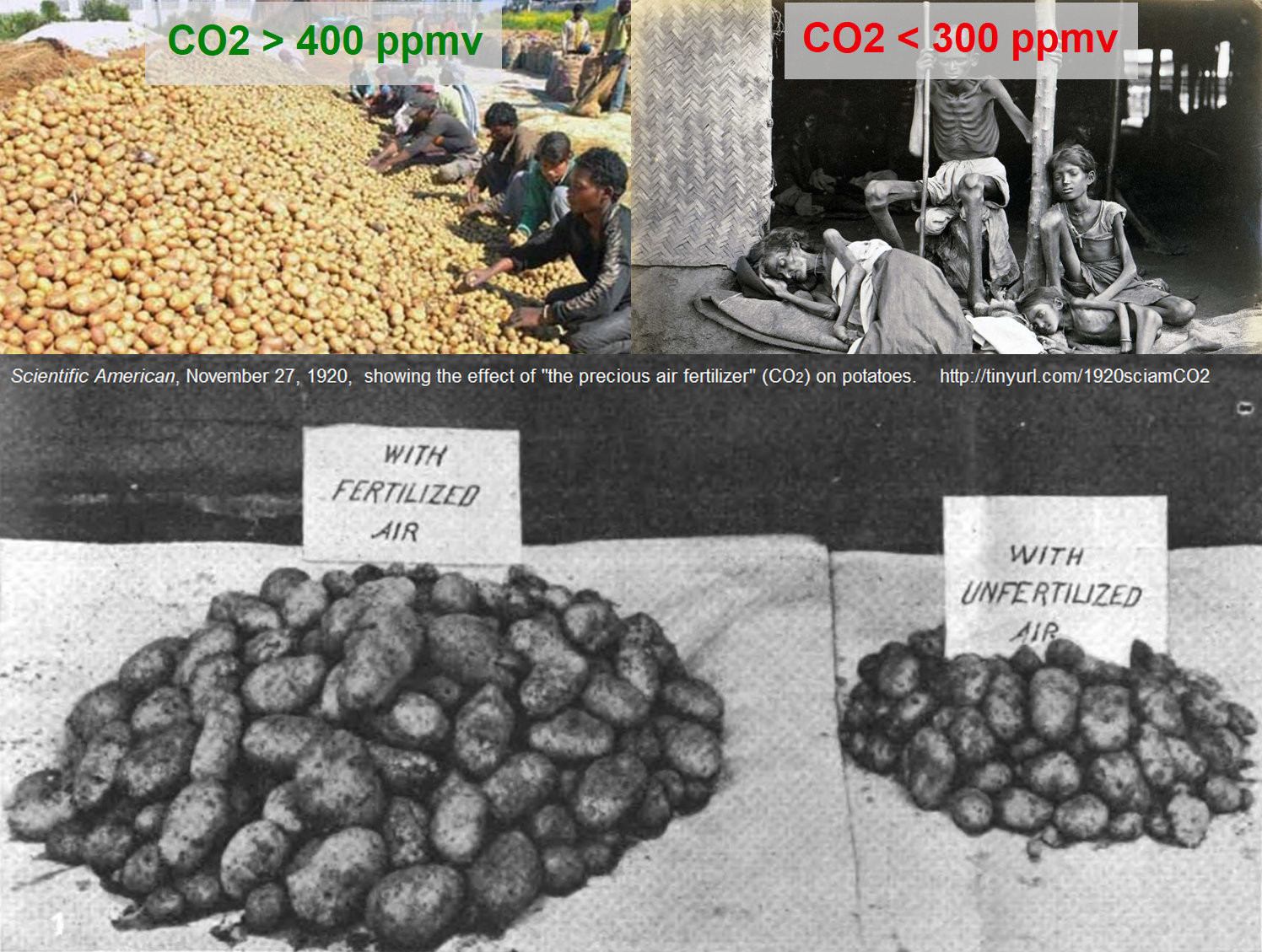Conservatives stand for honesty, integrity, morality, and steely-eyed realism. We hold our opinions because we are confident that they are correct, we have the confidence in them to encourage free and open debate, and if our opinions are shown to be wrong we gratefully accept the correction of our errors.
Modern liberalism (not to be confused with classical liberalism) is the opposite. It is characterized by dishonesty and immorality (both typically excused with the platitude that "everybody does it"), self-delusion, and a reflexive resort to censorship and worse. ("Inside every progressive is a totalitarian screaming to get out." -David Horowitz)
You see that in the climate debates, where leftists (climate activists) have repeatedly been caught manipulating, withholding, exaggerating, or even fabricating evidence, flouting the law, blackballing skeptics, and censoring contrary viewpoints, to promote the CAGW scare. The major blogs, publications, and institutions which climate activists control are ruthlessly censored, to suppress dissent.
In stark contrast, the most prominent conservative (climate realist) blogs and institutions actively encourage open discussion and dissent. That's why, for example, WUWT is so obviously and strikingly superior to any of the leftists' climate blogs.
Unfortunately, some people who call themselves "conservative" don't act like it. I'm tired of self-identified conservatives, like Michael Shannon, raging about Republicans' lack of conservatism, while they, themselves, behave like liberals.
If Mr. Shannon were really a conservative, he wouldn't censor his blog, to suppress expression of opinions different from his own. Unfortunately, that's exactly what he does. That's why you don't see the following comment in the comments section, on this article:
·
Your comment is awaiting moderation.
1.If conservatives can’t win Republican primaries, they certainly cannot hope to win as third-party candidates running against both Republicans and Democrats.
2.If so-called “conservatives” don’t care about anything but money, they’re no more conservative than the country clubbers whose Republican identity is based entirely on their desire for low taxes.
There’s something very, very wrong with a 785-word rant accusing Republicans of being “morally corrupt,” which talks almost exclusively about… money. In 785 words you devoted a grand total of three words to a passing mention of moral issues.
One in four American babies die by “choice,” but you never mentioned it.
The courts have spent the last eighty years brazenly lying to impose progressive agendas, and trampling the nation’s fifty-one constitutions in the process, yet now, for the first time in eight decades, honest jurors might actually have a slender majority on the SCOTUS, but you never mentioned it.
The American family is in tatters, with 39.6% of babies born out of wedlock in 2018, but you used the word “family” just once, and never mentioned illegitimacy.
The academy has been mostly taken over by far-left crackpots and atheists, who do everything in their power to crush all dissent, who enforce values antithetical to Christian morality, and who have created entire disciplines dedicated to promoting leftist lunacy, but you never mentioned it.
Academics expose corruption in Grievance Studies
Etcetera, etcetera, etcetera
The misallocation of federal monies is a real problem, but it is far from the only problem, it is far from our most important problem, and it is only peripherally a moral issue. If you’re going to editorialize about moral corruption, you should talk about morality, not just money.
